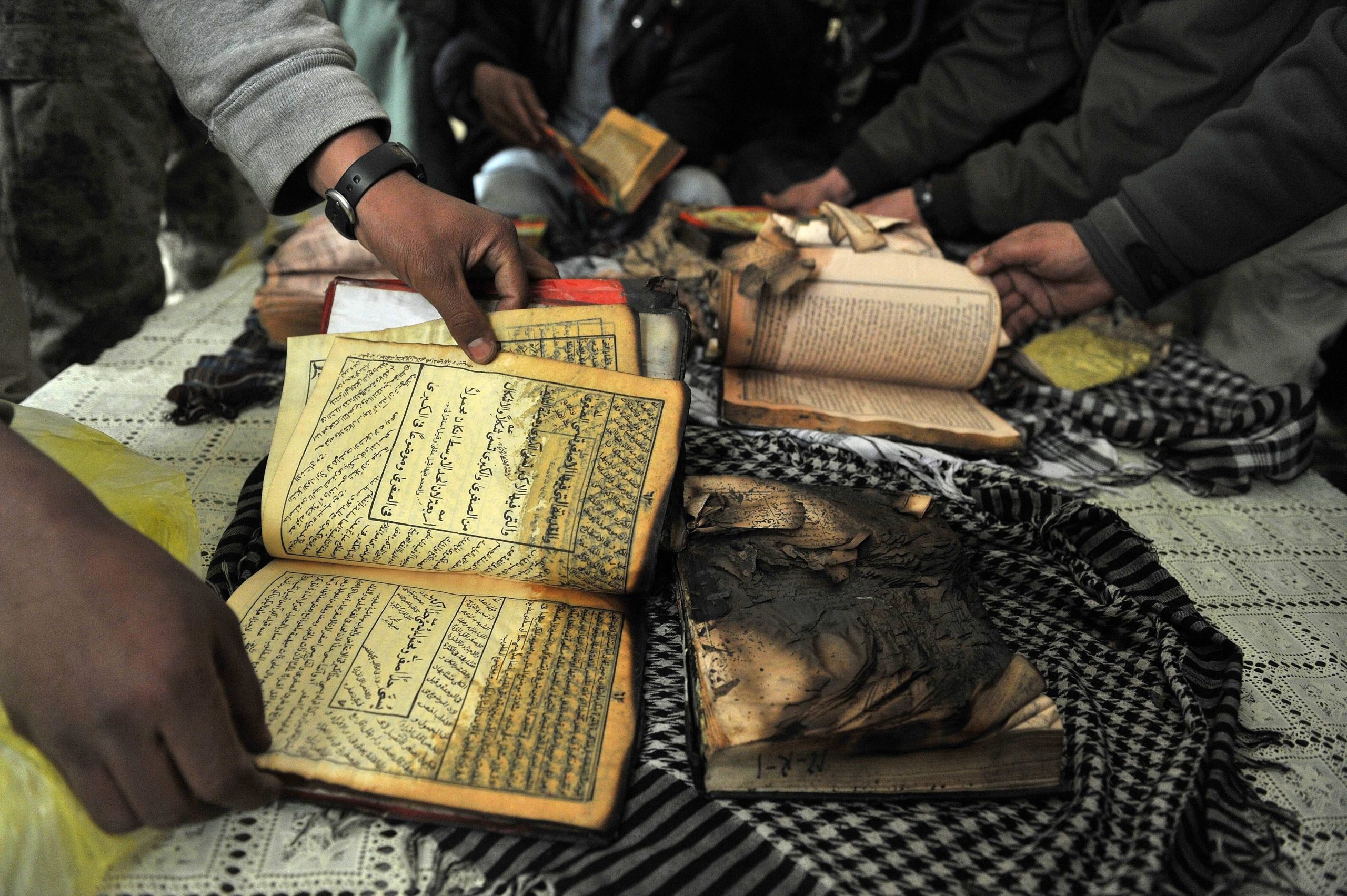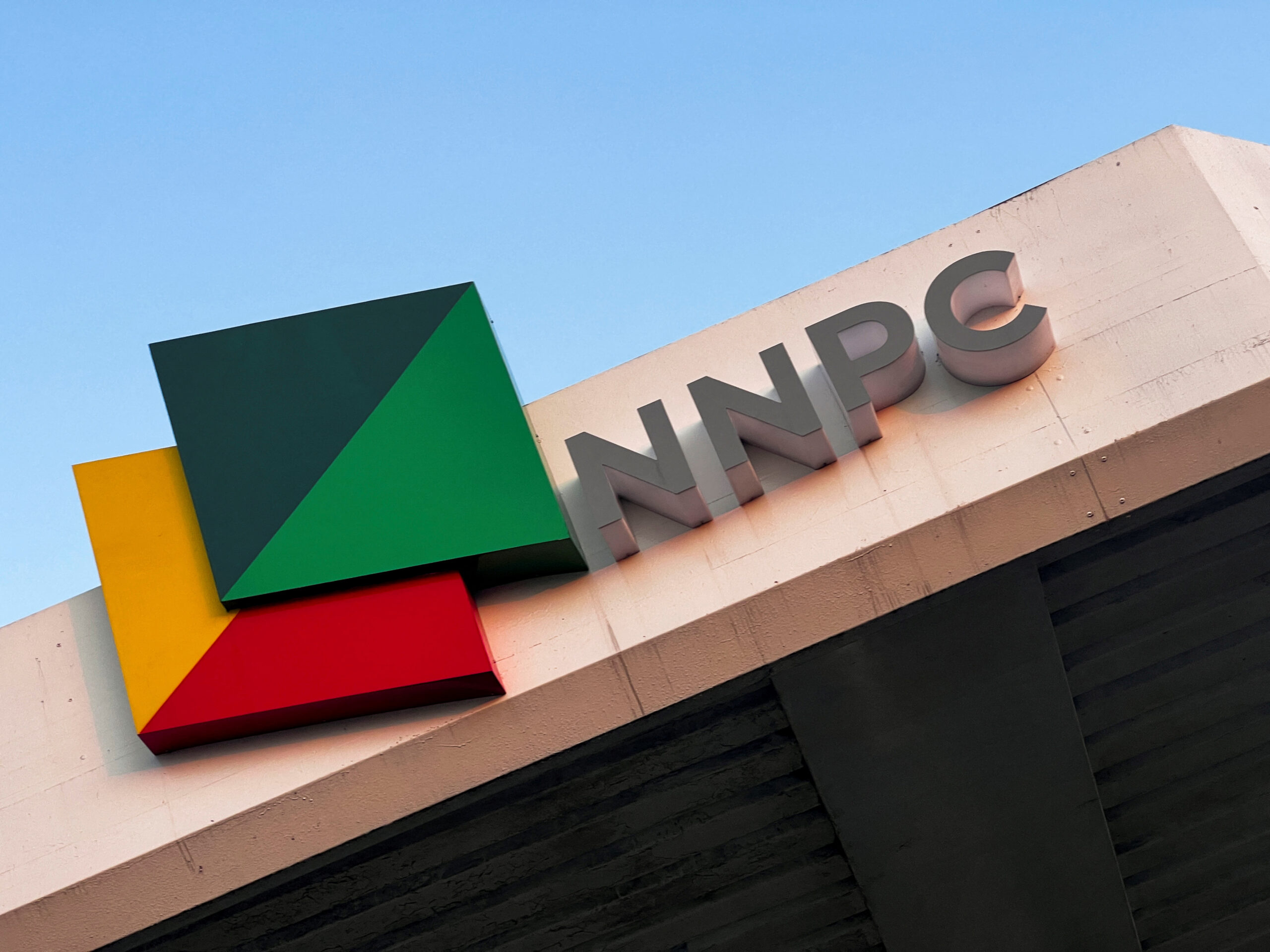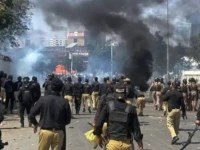The recent incidents involving the burning of the Quran have sparked significant debate and even violence, touching on the sensitive balance between freedom of expression and respect for religious beliefs. Here’s an overview based on recent events and discussions:
Incidents and Reactions: In Sweden, the burning of the Quran by individuals like Salwan Momika has led to international condemnation. These acts have been met with protests, including an attempt to storm the Swedish embassy in Baghdad and the expulsion of the Swedish ambassador from Iraq. Similar protests have also occurred in Denmark, where Quran burnings have been carried out by far-right activists like Rasmus Paludan. These events have not only provoked violent reactions but also led to diplomatic tensions, particularly with Turkey, which has used these incidents as leverage against Sweden’s NATO membership application.
Legal and Political Responses: The Swedish government has faced a dilemma between upholding its commitment to free speech and addressing the concerns of its Muslim population and international relations. While Sweden has one of the most liberal free speech laws, there’s been a debate on whether these acts should be legally restricted to prevent incitement to hatred or violence. Denmark responded by passing a law in December 2023 to criminalize the burning of religious scriptures, aiming to reduce tensions with Muslim-majority countries.
UN and International Discourse: The United Nations Human Rights Council passed a resolution in July 2023 condemning the burning of the Quran, calling for actions against religious hatred. This resolution, however, faced opposition from Western countries, including the U.S. and several European nations, who argued it might infringe on freedom of expression. The debate in the council highlighted the tension between protecting religious sentiments and maintaining free speech rights.
Public and Social Media Sentiment: On platforms like X (formerly Twitter), there’s a visible divide. Some users support the burnings as an exercise of free speech, while others see it as an act of provocation and hate. There have been reports of counteractions, like mass Quran burnings in protest of violence against those who burn the Quran, indicating a cycle of provocation and reaction.
Broader Implications: These incidents have reignited discussions on Islamophobia, freedom of expression, and the limits of tolerance in multicultural societies. They’ve also raised questions about how democracies should handle acts that, while legal, lead to significant social unrest or international backlash.
The debate continues on how societies should navigate these complex issues, with some advocating for a reevaluation of free speech laws to include protections against hate speech, while others argue that such acts, no matter how offensive, are covered under freedom of expression. The situation remains fluid, with potential for further legislative changes or policy shifts in response to ongoing events and public sentiment.












Should freedom of expression always trump religious respect? Lets discuss the complexities of this heated debate! What do you think?
Im torn on this one. On one hand, freedom of expression is vital, but on the other, respect for religious beliefs is important too. What do you all think?
I think burning any religious text is disrespectful, but freedom of expression is important too. Its a tricky debate!
I believe freedom of expression should be respected, but religious beliefs should also be protected. Its a tough balance!
I believe freedom of expression should always be respected, but lets also remember to be sensitive to religious beliefs.
I believe freedom of expression should never justify disrespecting religious beliefs. Lets find common ground instead of fueling division.
I believe both freedom of expression and religious respect are important, but where do we draw the line? Can we find a balance?
I believe freedom of expression should be respected but not at the cost of religious tolerance. Its a delicate balance.